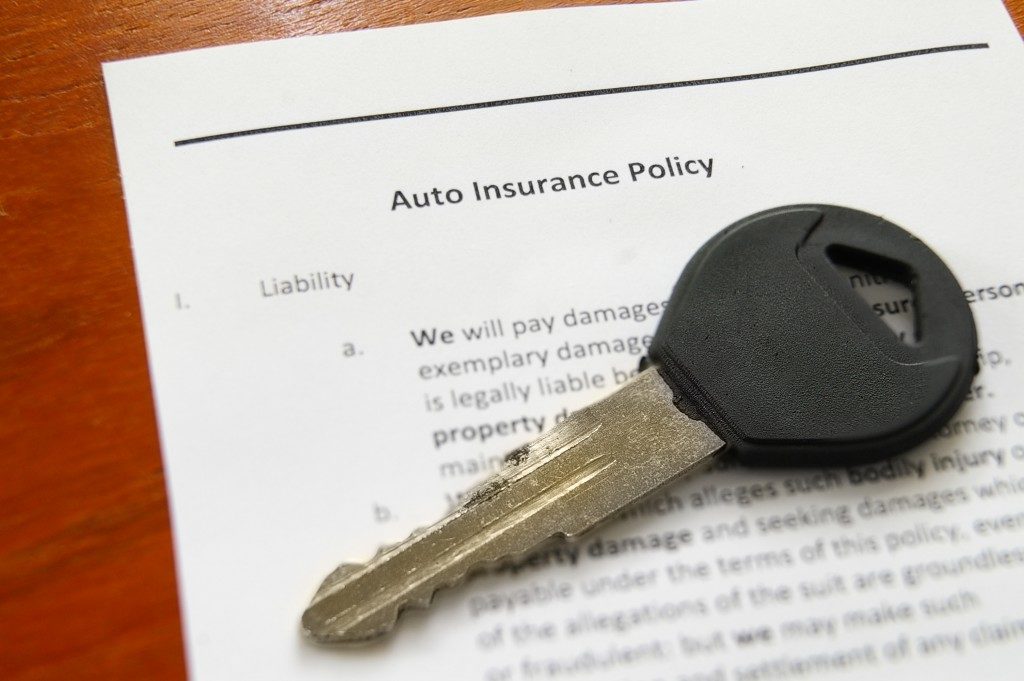According to 2021 studies, the beauty industry has ballooned to $511 billion and is expected to have a compounded growth rate of 4.75% across the globe. Projections say that it might grow up to $715 billion by 2025. It’s no surprise, then, that so many people—from celebrities to internet influencers to common folk—want a piece of the proverbial lucrative pie by creating their own cosmetic brands, even as makeup and other beauty products are not considered essential during the pandemic.
But even aspiring entrepreneurs who have no celebrity background can dream about starting their own makeup brand. After all, there has been a growing disillusionment with Instagram and YouTube influencers, and many celebrities are now considered out of touch with reality.
If you are thinking of starting a small cosmetics brand, it’s a dream still worth exploring. Here are some tips for finding the best laboratory to produce your dream products.
Identify your list of non-negotiable and negotiable traits
Think of finding a manufacturer like finding a spouse because it will feel like a marriage moving forward. You will be bound to them by contract, you have to partner together to achieve your goals and desired results, and it will be hard to get out of the partnership if the contract is air-tight. Most importantly, the success of your brand will be tied to its success as a manufacturing laboratory.
So if you are looking for the best manufacturing firm to partner with, the first thing you need to do is draw up a list of characteristics that you cannot do away with and a few traits that you prefer but are not necessary. Here are some examples of the two.
Non-negotiable characteristics:
- The manufacturer must have the necessary licenses and permits to be able to operate. For example, these manufacturers must pass all the health and hygiene tests, have a sterile environment and top-of-the-line equipment like a food-grade pump and others, and they must have licensed chemists and researchers who know what they’re doing. When meeting with potential manufacturers, don’t hesitate to ask for these credentials and tour their facility. The last thing you want is to partner with a manufacturer that does not possess the necessary documents.
- The manufacturer must allow brands to sell their products under a different name. This process is called private labeling, and many brands start out using this business model.
- The manufacturer must have a good and reliable reputation in the industry.
Negotiable characteristics:
- The manufacturer must offer drop shipping. While the ability to drop ship may be favorable to you as a brand owner, it’s not necessary for your business to survive, especially if you have a warehouse through which you can store some inventory.
- This one is debatable, but not all business partners need to be friendly and sociable. As long as both sides of the operations can play their part, a close personal relationship is not always necessary, but it is ideal.
Determine what’s important to you as a business owner, make a checklist of your negotiable and non-negotiable traits, and choose a manufacturer from there.
Make sure their team of experts is knowledgeable

Here is a list of industries that manufacturing teams should have a keen understanding of if they want to work with a cosmetic brand:
- Microbiology. Are the researchers up-to-the-minute on the latest methods and information to ensure that the products are safe, hygienic, and capable of performing to the best of their abilities?
- Chemistry. Can the team of experts find ways out of problem areas in terms of cosmetic formulation? Do they have a proper understanding of how preservatives are used so that the stability and longevity of the products are optimal?
- Beauty industry. How much do they know about the constantly-evolving cosmetic industry? Do they have a basic understanding of marketing and consumer behavior, especially in a time like 2021?
- Health regulations. How much do they practice and embrace regulations from bodies like the United States Food and Drugs Administration? Do they adhere to these health and safety standards? If the FDA suddenly makes a health inspection, will they pass that test?
These are just some topics manufacturing researchers need to know, so don’t hesitate to ask questions and probe when deciding.
While branding and marketing will play a big part in the success of your brand, everything rises and falls with the products themselves. Prioritize the quality of your goods by finding the best manufacturer or laboratory, and everything else will follow. Good luck!



